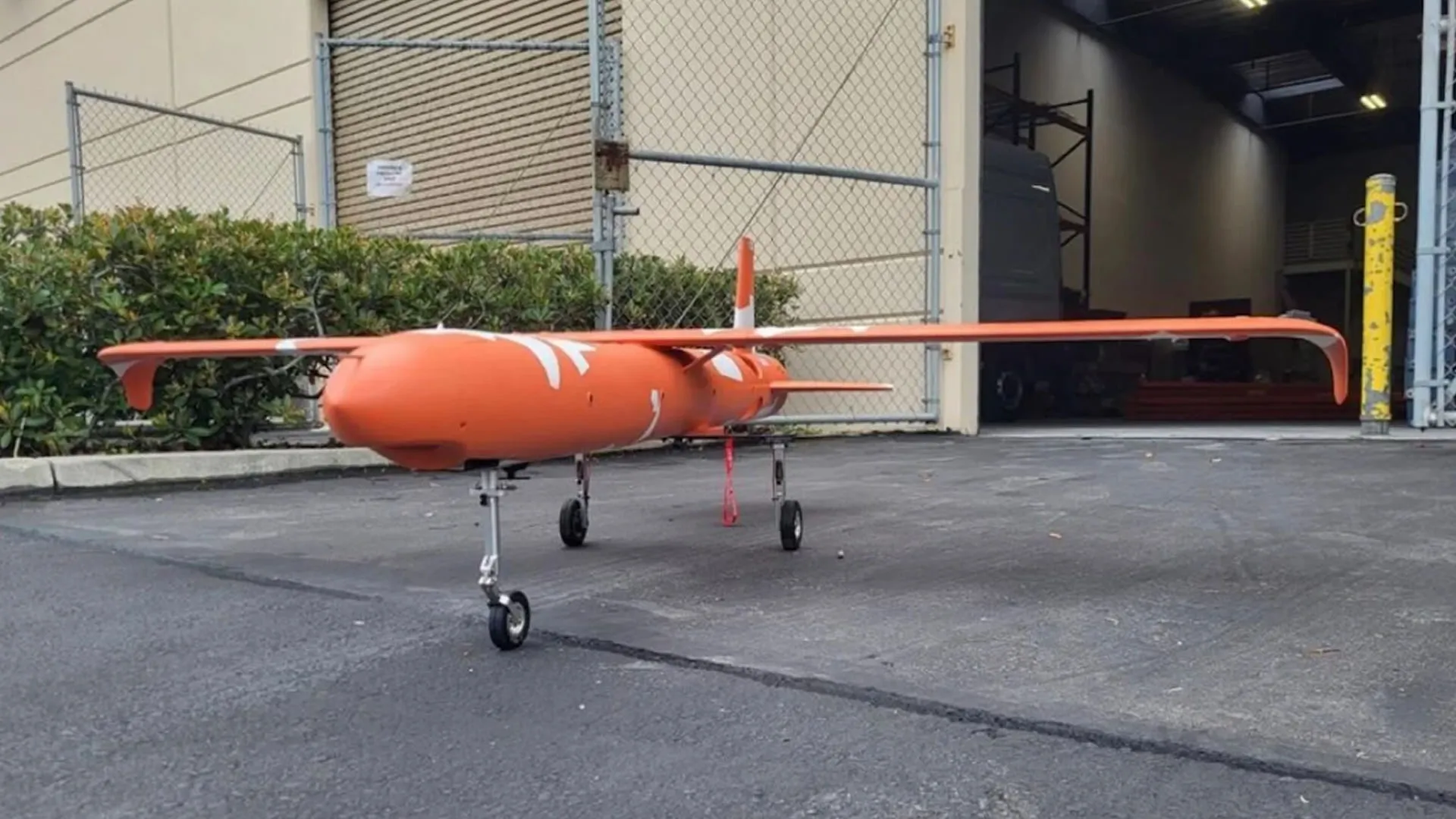Firestorm Labs, es una “startup” tecnológica especializada en Impresión 3D (3DP – AM), que ha recibido del Pentágono y de Lockheed Martin, fondos por US$ 12 millones para el desarrollo de “pequeñas fábricas modulares” de drones, cuyos componentes principales se producen por 3DP / AM. Estas plantas de fabricación, van instaladas en containers de 20 y 40 pies, en los cuales la fabricación de piezas y el montaje se hacen con un alto grado de automatización y mínima necesidad de recurso humano. El objetivo es proveer estas unidades productivas a Ucrania, para su despliegue cerca de las zonas de operaciones. Su modularidad y la capacidad de cada “Unidad productiva” de fabricar 50 drones mensuales, ha generado interés para su evaluación en zona de guerra y obtener importantes lecciones y experiencias.
The drone factory shipping containers come in two main variants, with 20-foot (6 meters) and 40-foot (12.2 meters) options currently on offer. Firestorm Lab claims these units should be able to produce around 50 ron units a month. The company explains that each of the 3D-printing factories can be deployed in remote locations and should be hidden in plain sight.
“xCell is a semi-automated, expeditionary manufacturing cell that can be operated with limited human-in-the-loop engagement and powered by generators off-the-grid,” explains Firestorm Labs.
“Additive manufacturing, automation, and robotic-assisted assembly enable a future where expeditionary factories quickly produce large volumes of Firestorm vehicles,” they add on their website.
3D-printing drones anywhere, anytime
As for the drones themselves, their flagship product is the “Tempest” 3D-printable drone. The Tempest has a maximum takeoff weight of 55 pounds (25 kg), can carry a payload of 10 pounds (4.5 kg), and has a wingspan of 7 feet (2.1 meters). It is 6 feet (1.8 meters) long and can be configured depending on the required range, loitering time, and cruise speed.
The drone can be broken down into single-person-portable cases for easy transport and has swappable propulsion systems for different mission needs. It also comes with “patent-pending quick connect/disconnect” capabilities to enable rapid and efficient reconfiguration on the fly.
The company believes this solution should enable customers to deliver quick, efficient, and mission-specific aerial support directly to the front lines.
Firestorm Labs plans to produce over 500 drones monthly at its San Diego facility in preparation for a future where drones could be essential to military operations.
This ambitious vision is backed by significant venture capital, including an investment from Lockheed Martin Ventures. The strategy to decentralize drone production could make it harder for adversaries to cripple a nation’s military capabilities with targeted strikes.
Drone factories on the frontlines
By spreading out production capabilities, Firestorm Labs could provide a resilient and flexible solution to countries like Ukraine, which faces challenges in maintaining a steady supply of military drones.
Although 3D printing shows promise for the mass production of drones, its scalability is still in doubt. Critics argue that the technology is not yet competitive enough for large-scale operations.
However, the potential for decentralized drone factories to evade enemy targeting has garnered support within the venture capital community and the Pentagon. This highlights a cautious but hopeful optimism for the technology developed by Firestorm Labs.
Firestorm Labs is at the forefront of a significant shift in military strategy and technology. Although the company has not yet secured public contracts in Ukraine, its support from the Pentagon and venture capitalists suggests a strong belief in the potential of 3D-printed drones.


